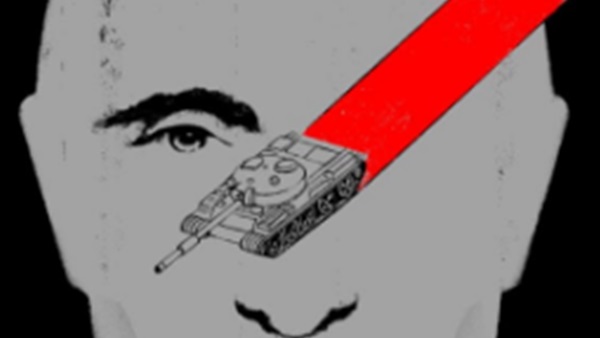Experts Sound Alarm as Pressure Mounts on Fragile Russia, Risking Regional Stability

Russian disintegration and its consequences for Europe are
being discussed among Western military and diplomatic strategists. While it may
seem like a solution for territories such as the Baltics, Poland, and Ukraine
that have suffered under Russian repression, the consequences of Russia’s
collapse could be far-reaching. While it remains unlikely, the risk of Russia
disintegrating as a result of its failed assault on Ukraine is still causing
concern, with the possibility of a patchwork of warlord-controlled fiefdoms
similar to Afghanistan in the 1990s or Libya in the present day. The
implications of this are grave for regional stability, with possible
consequences for Europe, including further disruptions to supply chains,
clashes between nuclear-armed factions, and new waves of refugees fleeing a
destabilized Russia.
The subject is sensitive, and officials refuse to speak
publicly about their deliberations or contingency planning for fear of fueling
Russian support for the war. Western officials declined to address the subject
when asked during the Munich Security Conference last week. While most experts
say disintegration is unlikely, focusing on this option is counterproductive,
as it makes a strong argument for Putin's narrative that the West is the aggressor.
Russia's travails during World War I helped spark the
Russian Revolution and a civil war, while the dissolution of the Soviet Union
in the 1990s was more peaceful. However, similar agitation from the peripheries
today wouldn't be met with a more forceful response. The Russian Federation is
a single country with a very powerful central administration, and 80% of the
population identifies as Russian. The most important factor preventing
bloodshed in 1991 was that Russia didn't object to dismantling the Soviet
Union.
Western planners are concerned that if the war in Ukraine
ends with the Kremlin's defeat, Russian soldiers will return home and carry on
the fight there, helping to fuel the country's disintegration. The men fighting
for Russia in Ukraine come from underprivileged Russian territories, including
the mountains of eastern Siberia, where much of the population has ethnic and
cultural ties to Mongolia, and the North Caucasus, an area of diverse ethnicity
that includes Chechnya. It is unlikely that Putin or a potential successor
would allow regions such as Bashkortostan in the southern Urals or Siberia to
break off without a forceful response.
While disintegration isn't likely, if it were to happen, it
would pose grave threats to regional stability with potentially profound
consequences for Europe. Therefore, it is important for Western officials to
consider their contingency planning while avoiding giving Putin a welcome
talking point.







